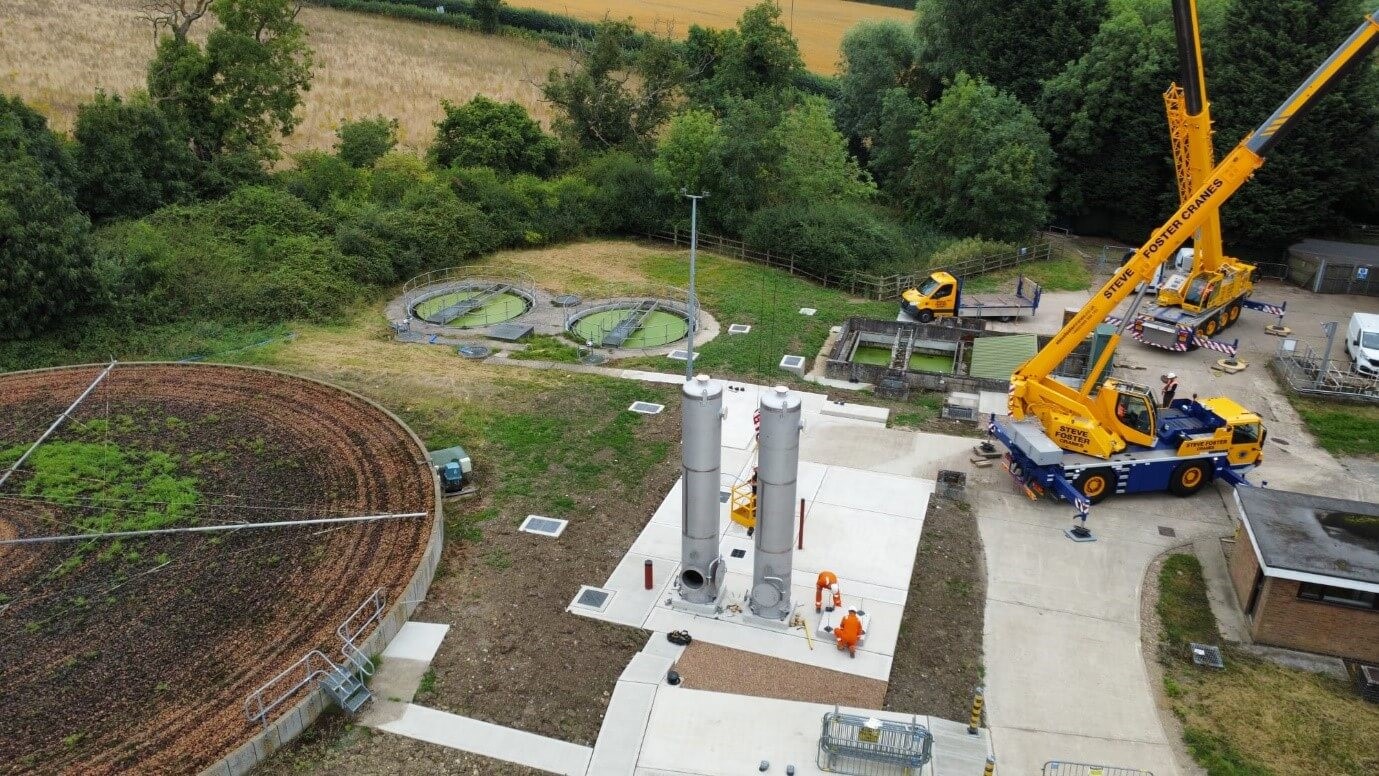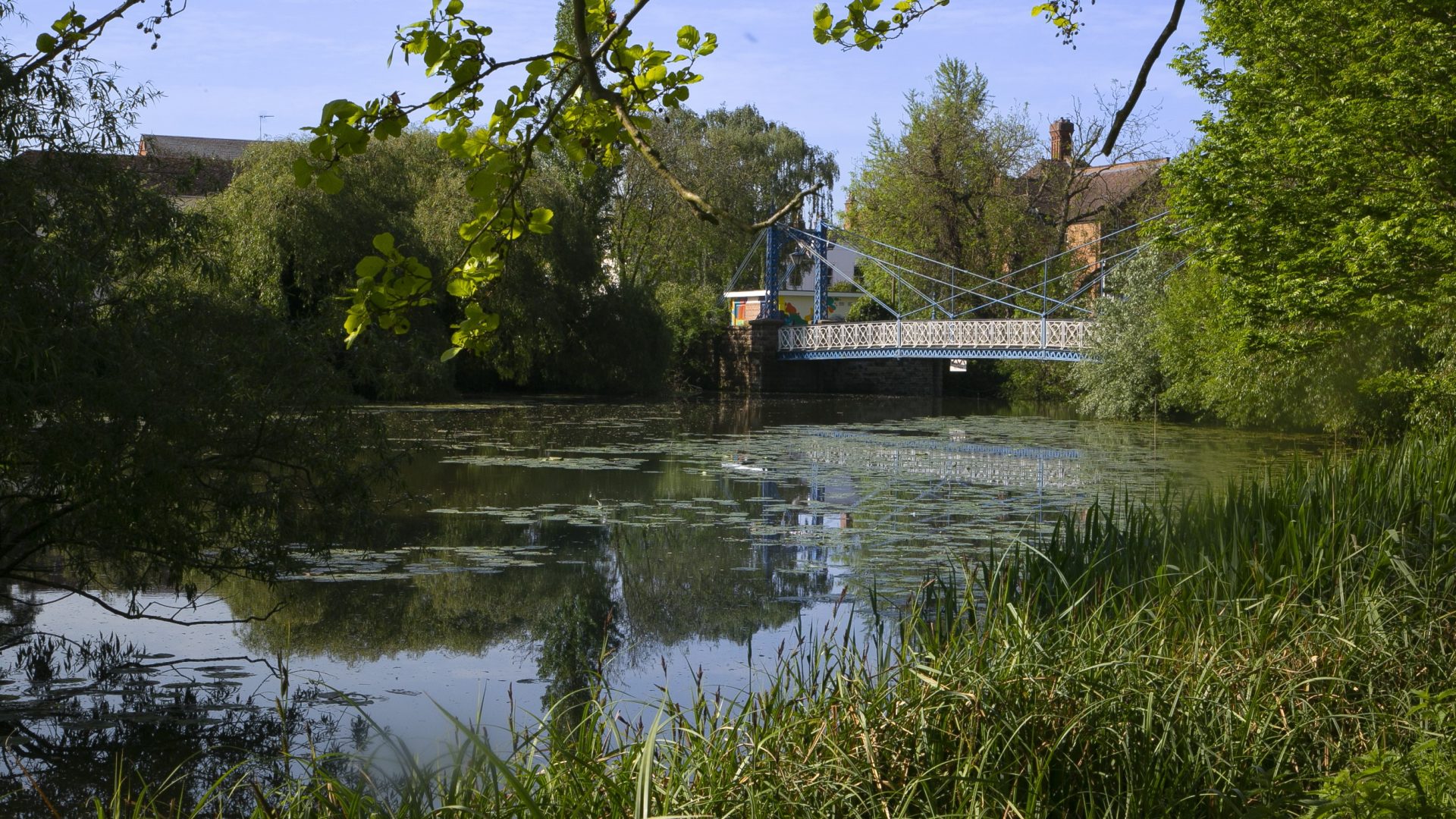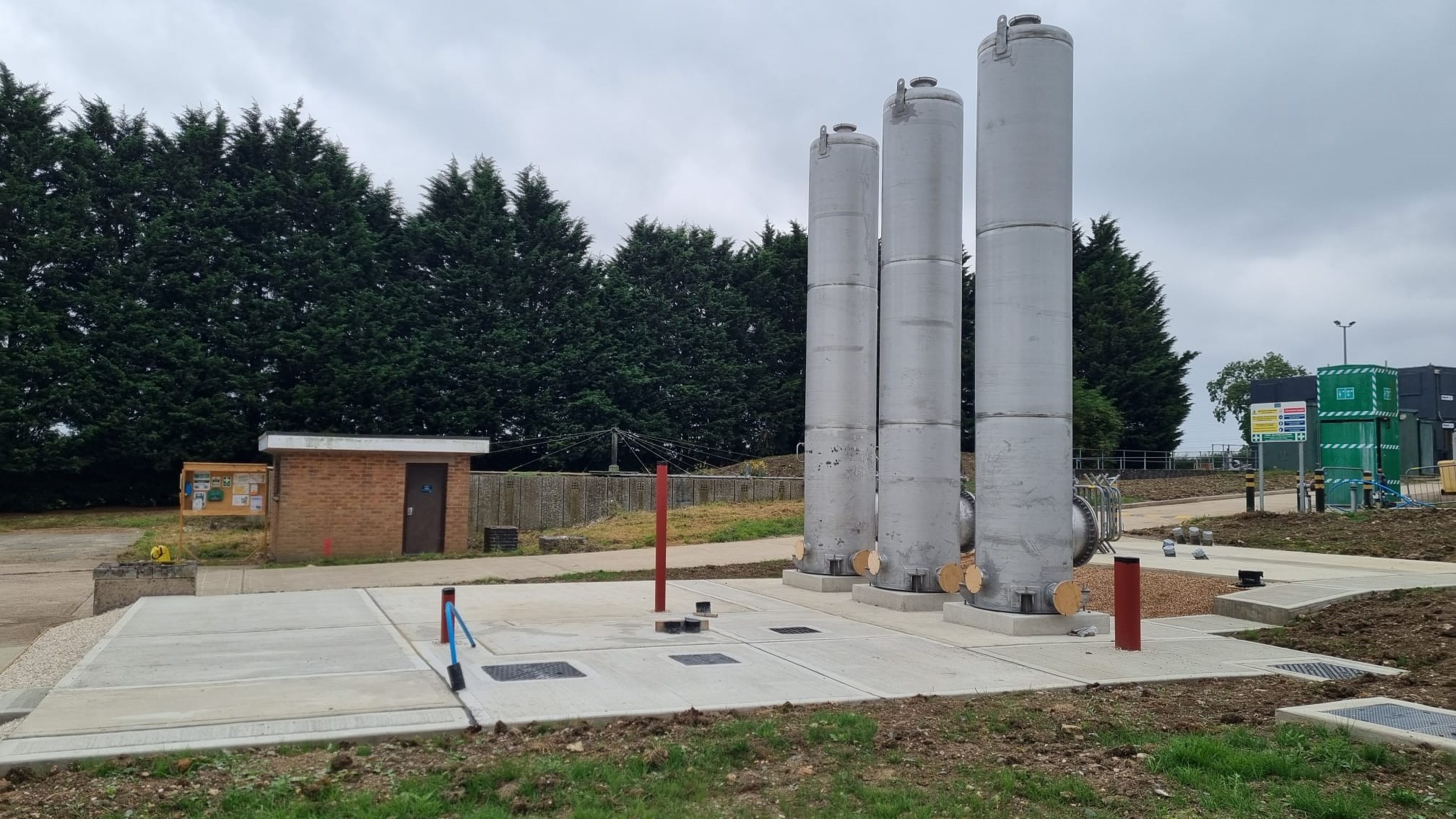Severn Trent has started construction of the UK’s first pioneering operational ozone wastewater treatment plant.
The company is installing the innovative technology to help boost river health and move stretches of river to bathing quality standard in an investment of £78m.
Installation of the operational plant is now underway in Warwickshire, with huge gas cylinders that hold ozone (O3) gas having been installed at the Frankton wastewater treatment site – where the cutting-edge technology will be used for the first time to treat wastewater – something that’s not been trialled before in the UK until now.

It means the treated water returning to the local river will be of the highest standard. The powerful disinfectant, that’s usually used to clean drinking water, kills algae, iron, manganese and other contaminants in the water and also removes micro-pollutants and pharmaceuticals.
As part of its Green Recovery programme, the company is planning to create two further plants: one in Ludlow and another in Warwickshire, planned to be in operation by the end of March 2025.
Wilfred Denga, Project Manager from Severn Trent, said:
“We’re leading the way when it comes to river health – whether that’s through our ambitious spills programme, huge investments or innovative technologies. The use of ozone to treat wastewater has the potential to truly change the future of wastewater treatment and this marks a really exciting step in our programme.
“The trials we’ll conduct in Warwickshire and Ludlow will see us use the technology for the first time. That’s seeing us go beyond what’s expected of us and is better for rivers and the environment. The ozone treatment takes treatment one step further and makes the water as clean as possible – helping us with our ambition to create bathing rivers.”
Severn Trent’s £78m investment to move stretches of river towards bathing quality has been seeing the company create huge storage tanks, separate waste networks and now use pioneering wastewater treatment.
By 2025, it will have moved sections of the River Leam and River Teme closer towards bathing quality standard, including wider benefits to the River Avon.
The programme accompanies Severn Trent’s other work to improve rivers – such as its £450m programme to cut spills drastically through a series of projects and interventions delivered across hundreds of overflows and treatment works by the end of the year.
In Warwickshire alone, over 55 bespoke projects have been completed in the last three months such as increased storage, nature-based solutions and new treatment units – all designed to boost river health and cut spills.
Severn Trent is committed to aiming for zero river impact, and the company has a longer-term storm overflow action plan that will see it invest £300m in Warwickshire alone by 2050 on overflow improvements.
Wilfred adds: “This is a really exciting moment in the programme, that sees us getting closer and closer to our goals and helping to do our bit in creating rivers that people can enjoy.”




